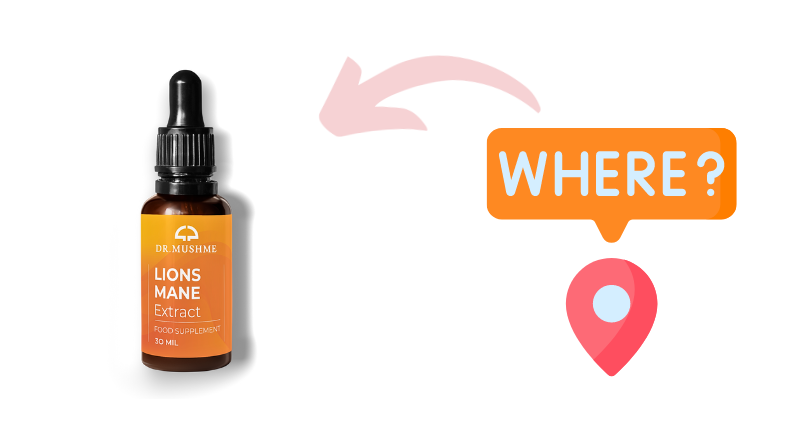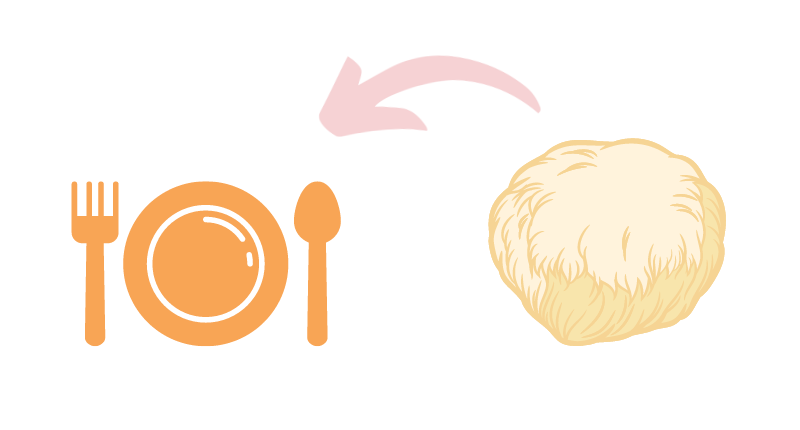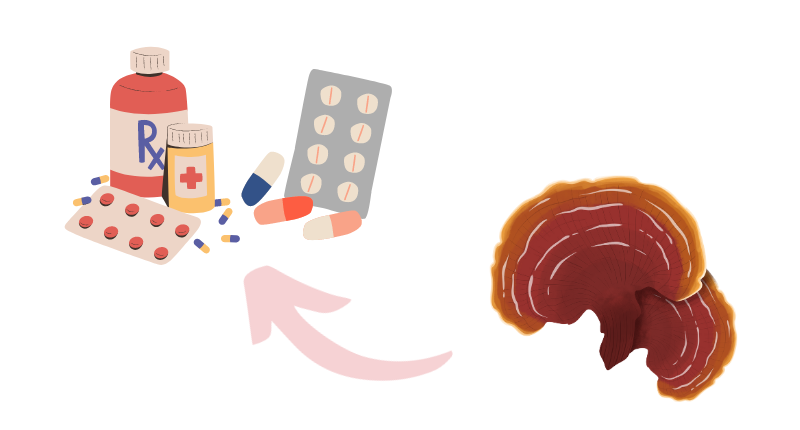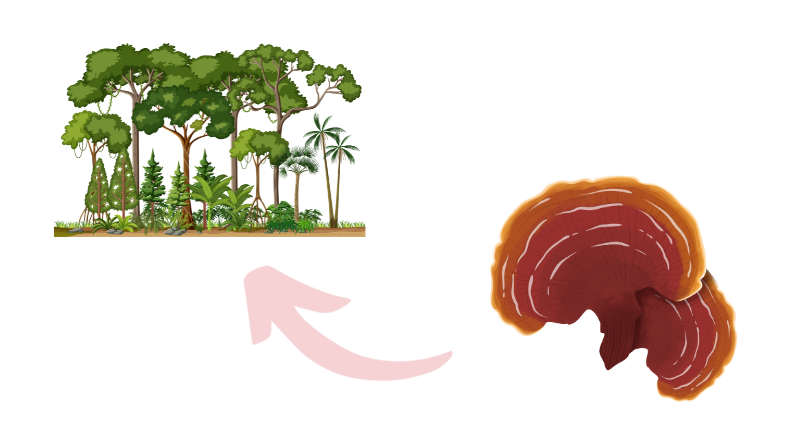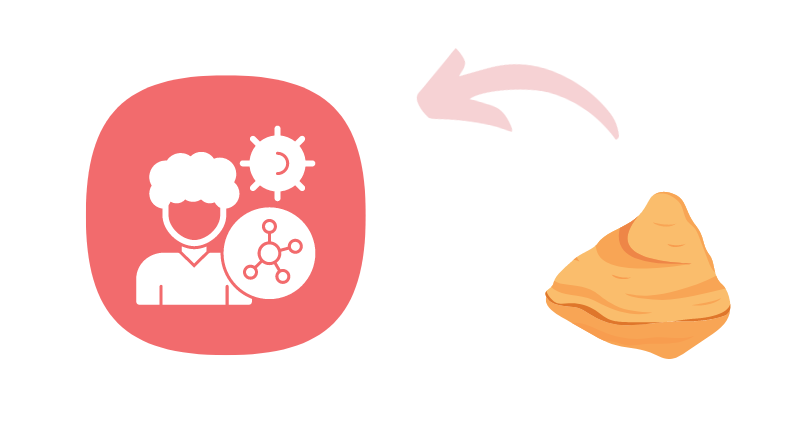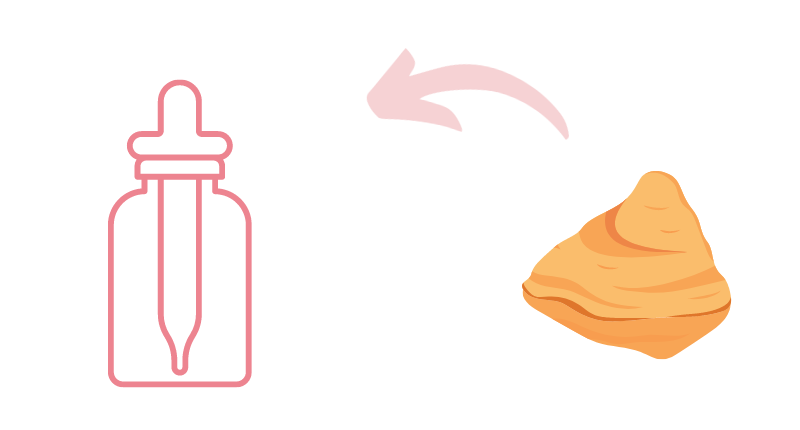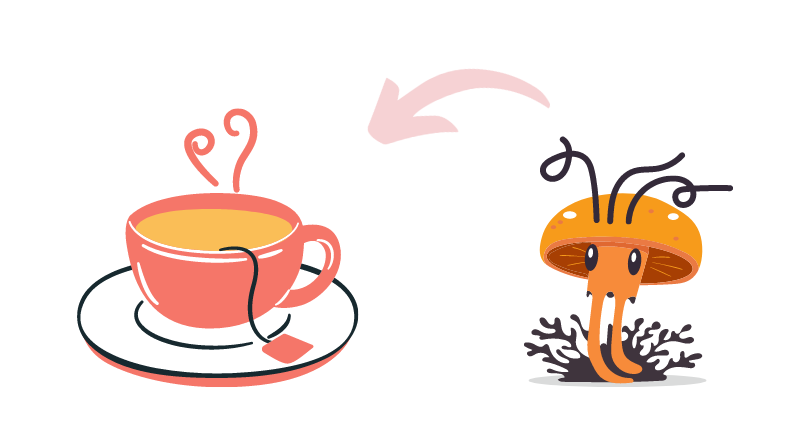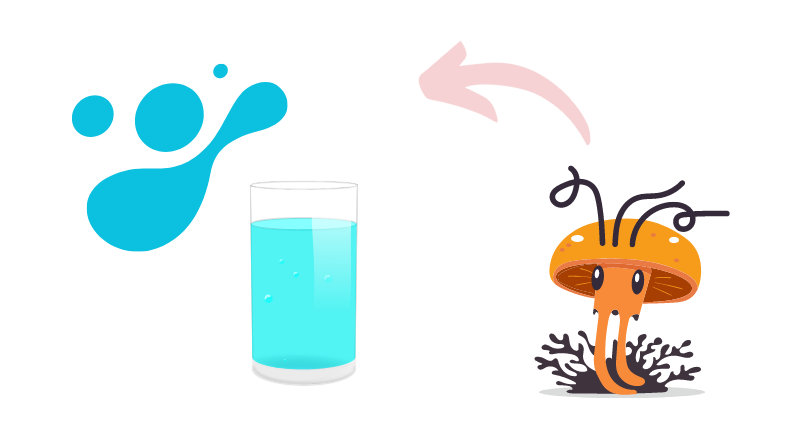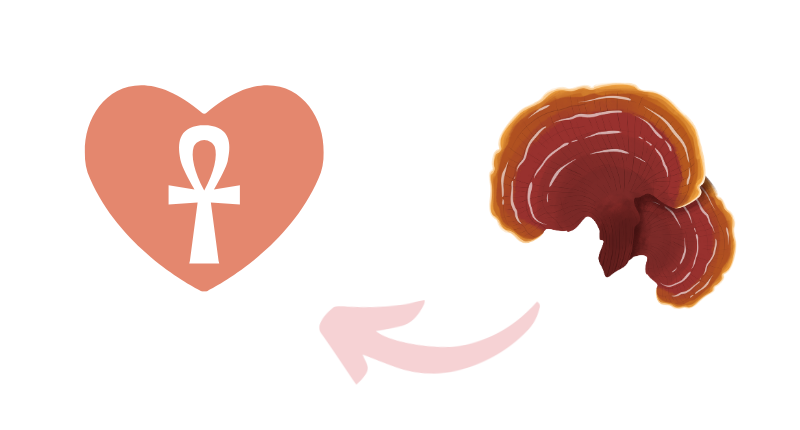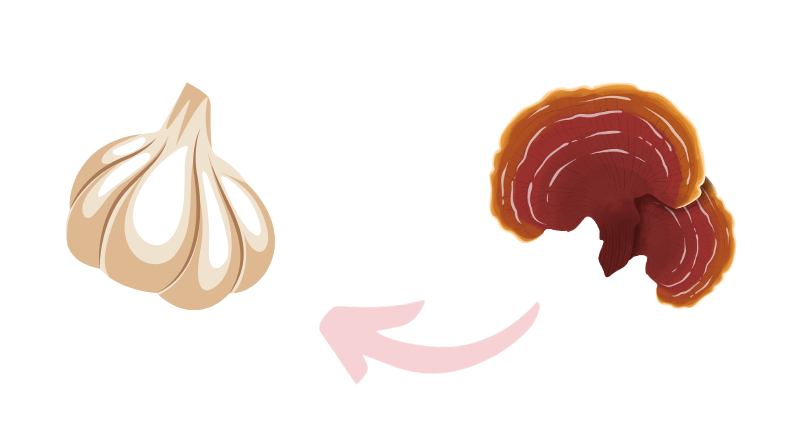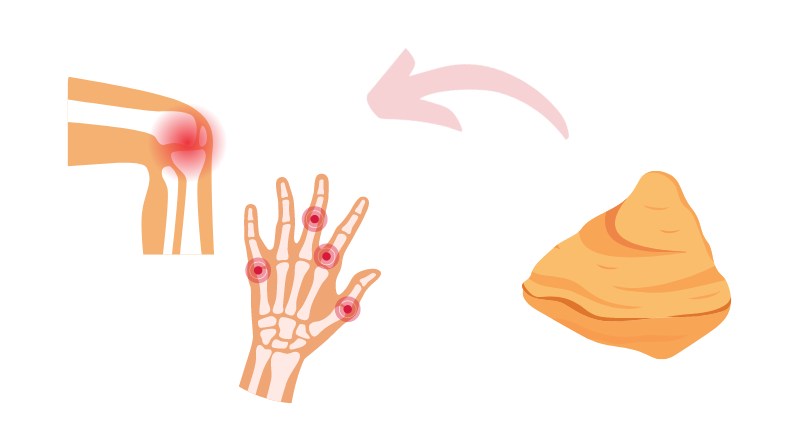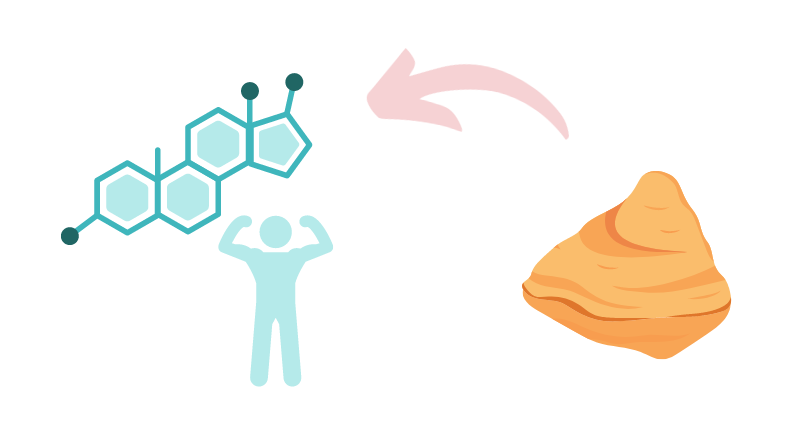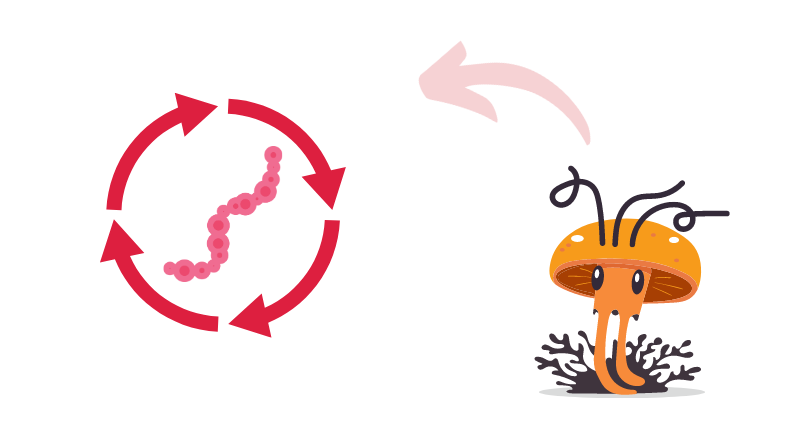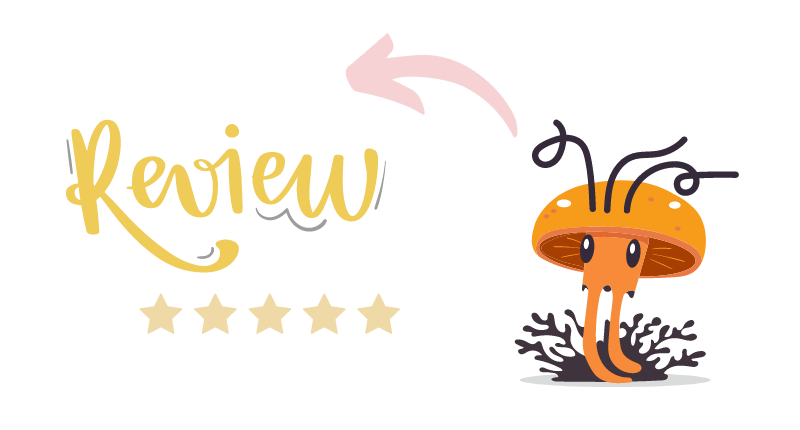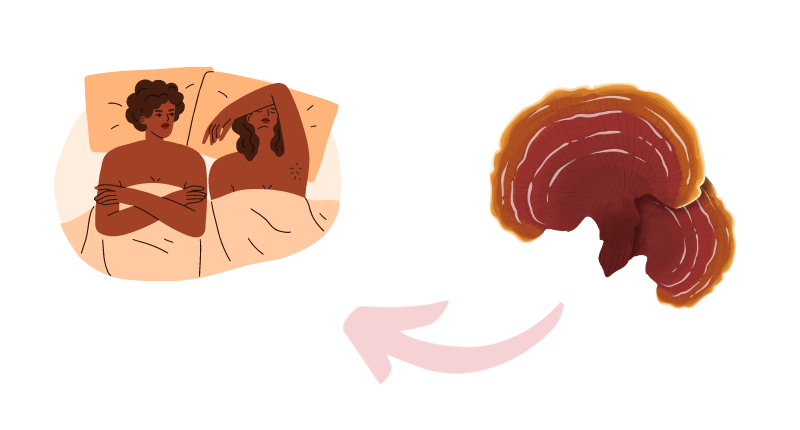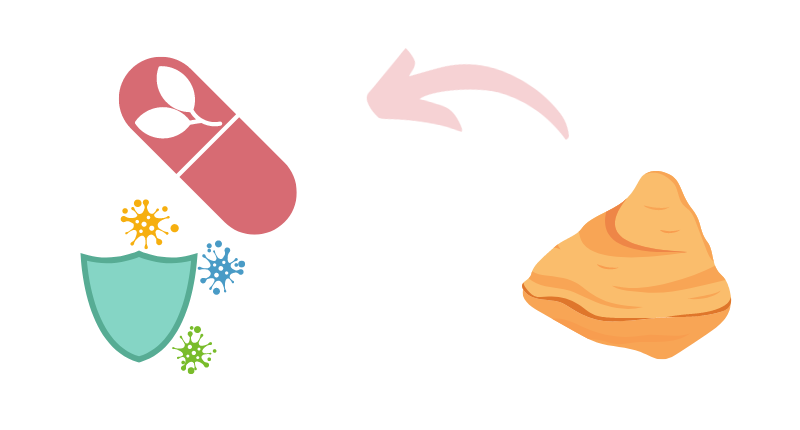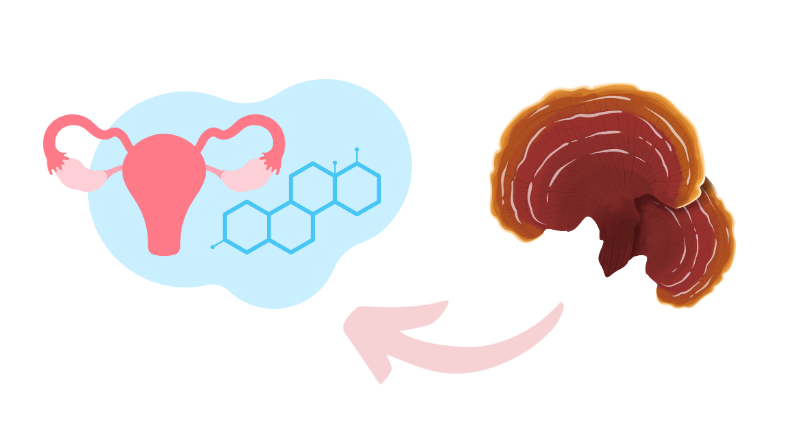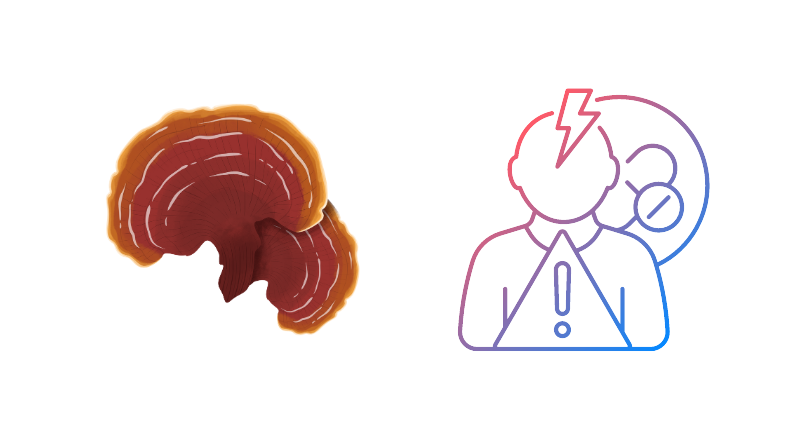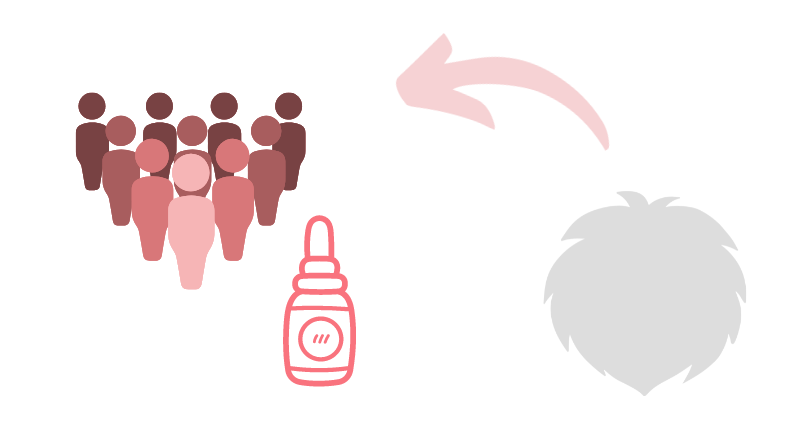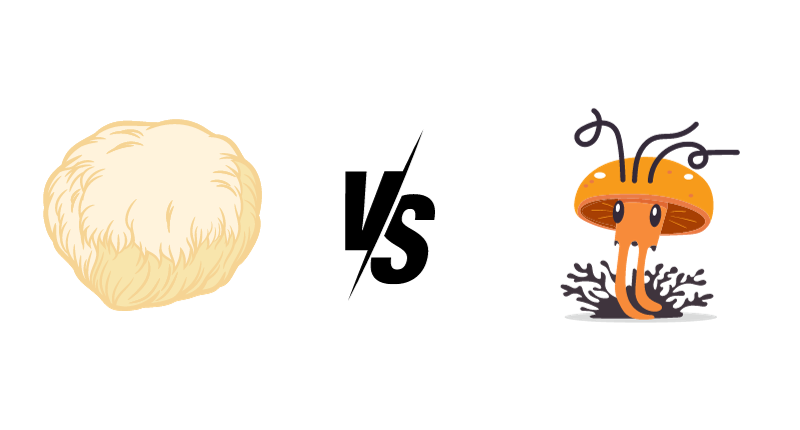In the last couple of years, Lions Mane and Ashwagandha have become popular due to their possible effects on brain health; cognitive function as well as stress resistance. This elaborate review is designed to provide a comprehensive analysis of these two marvelous natural products, their history, benefits and how they work together when used in combination.
So let us go into the amazing world of nature-based nootropics and adaptogens, where we will understand how two can work together to enhance your mental as well as physical health.
Nootropics and Adaptogens is what.
Nootropics are drugs that augment cognitive performance, especially executive functions such as memory, imagination and motivation. They are either synthesized or derived from natural sources and their principle target is to improve the general brain health in order to increase mental performance.
On the contrary, adaptogens are natural agents that allow for body adaptation to different stressors and promote balance and satisfaction. They operate by supporting the stress response mechanism of the body and their effectiveness can be used for both mental well-being as well physical health.
LIONS MANE MUSHROOM
Hericium erinaceus, also known as Lions Mane is a fungus that can be consumed and has medicinal properties; it has been in use by Chinese and Japanese medicine for centuries. It has been known as a brain health, cognitive function and well-being booster.
History and Traditional Use
The use of Lions Mane has been practiced since ancient times, especially in parts such as China and Japan for improved digestion health; strong immune system capacity and better neurological function. It was usually administered as tea, soup or any other form of an alternative medicine.
Neuroprotective Effects
Lions Mane contains bioactive compounds, such as hericenones and erinacines, that have been shown to promote the production of nerve growth factor (NGF}. NGF is essential for the growth, maintenance, and survival of neurons in the central and peripheral nervous systems. By stimulating NGF production, Lions Mane may help protect neurons from damage, support neurogenesis (the growth of new neurons), and enhance neuronal plasticity[^5^].
Cognitive Enhancement
Numerous studies have demonstrated Lions Mane’s potential to improve cognitive function. In a double-blind, placebo-controlled study, older adults with mild cognitive impairment experienced significant improvements in cognitive function after 16 weeks of Lions Mane supplementation. Another study found that Lions Mane extract improved memory and learning in mice, suggesting potential benefits for age-related cognitive decline.
Mood and Anxiety Support
Lions Mane may also have a positive impact on mood and anxiety. A study conducted on menopausal women found that consuming Lions Mane-enriched cookies for four weeks resulted in reduced anxiety and depressive symptoms. Additionally, animal studies have shown that Lions Mane extract can reduce anxiety-like behaviors and promote antidepressant effects.
ASHWAGANDHA
Ashwagandha (Withania somnifera) is an adaptogenic herb that has been used for thousands of years in Ayurvedic medicine. It is highly regarded for its ability to promote mental clarity, enhance cognitive function, and support overall well-being. Check out our sister website Dr. Ashwa Me for all you ashwagandha needs.
History and Traditional Use
Ashwagandha, also known as Indian ginseng or winter cherry, has been a staple in Ayurvedic medicine for centuries. It is commonly used as a rejuvenating tonic to support energy, vitality, and overall health. Its use can be traced back over 3,000 years, and its adaptogenic properties have made it a popular remedy for stress and anxiety.
Stress and Anxiety Relief
Ashwagandha’s primary benefit is its ability to help the body adapt to stress. It has been shown to lower cortisol levels, the primary stress hormone, and support the body’s stress response system. Several studies have demonstrated its effectiveness in reducing stress and anxiety. In a double-blind, placebo-controlled study, participants who took Ashwagandha for 60 days experienced significant reductions in perceived stress and anxiety levels compared to those who took a placebo.
Cognitive Enhancement
Ashwagandha may also enhance cognitive function. A study on healthy adults found that supplementation with Ashwagandha for eight weeks resulted in improvements in memory, executive function, attention, and information-processing speed. Animal studies have also shown that Ashwagandha can protect against age-related cognitive decline and improve learning and memory.
Physical Performance and Recovery
Ashwagandha has been shown to improve physical performance, increase muscle mass and strength, and support recovery from exercise. In a randomized, double-blind, placebo-controlled study, participants who took Ashwagandha for eight weeks experienced significant increases in muscle mass, strength, and reductions in body fat percentage compared to those who took a placebo. Another study found that Ashwagandha supplementation improved cardiorespiratory endurance in healthy athletic adults.
SYNERGISTIC EFFECTS
When combined, Lions Mane and Ashwagandha may offer even greater benefits due to their complementary actions on cognitive function and stress resilience. The combination of these two natural substances can potentially enhance the individual effects of each, leading to more substantial improvements in mental and physical well-being.
Cognitive Function
Both Lions Mane and Ashwagandha have demonstrated the potential to improve cognitive function, memory, and learning. By combining their neuroprotective and cognitive-enhancing properties, they may provide a more comprehensive approach to supporting brain health and optimizing mental performance.
Stress Resilience
As an adaptogen, Ashwagandha can help the body cope with stress, while Lions Mane’s potential mood-enhancing effects can provide additional support for emotional well-being. This combination may offer a powerful synergistic effect, helping to improve stress resilience, reduce anxiety, and promote overall mental balance.
MORE READING: CORDYCEPS MUSHROOM & ITS FASCINATING LINK TO ANTS
HOW TO USE LIONS MANE AND ASHWAGANDHA
Lions Mane and Ashwagandha are available in various forms, including capsules, powders, and extracts. To ensure you receive the maximum benefits from these substances, follow the recommended dosages and consider purchasing high-quality, standardized extracts.
- Lions Mane: A common dosage recommendation for Lions Mane is 500-1,000 mg per day, taken in divided doses[^18^]. Opt for a high-quality, standardized extract to ensure you receive the full range of bioactive compounds.
- Ashwagandha: For Ashwagandha, a daily dose of 300-500 mg of a standardized root extract is typically recommended. Look for a product that contains a standardized concentration of withanolides, the primary bioactive compounds in Ashwagandha.
When starting any new supplement regimen, it’s essential to consult with a healthcare professional to ensure it is appropriate for your individual needs and circumstances.
MORE READING: LION”S MANE STATISTICS
SAFETY AND SIDE EFFECTS
Both Lions Mane and Ashwagandha are considered safe for most people when used as directed. However, some individuals may experience side effects or have specific contraindications.
- Lions Mane: Some people may experience mild side effects from Lions Mane, such as gastrointestinal discomfort or allergic reactions. If you experience any adverse effects, discontinue use and consult with a healthcare professional.
- Ashwagandha: Ashwagandha is generally well-tolerated, but some individuals may experience side effects such as gastrointestinal upset, headache, or drowsiness. Those with thyroid disorders, autoimmune conditions, or who are pregnant or breastfeeding should consult with a healthcare professional before using Ashwagandha.
CONCLUSION
Lions Mane and Ashwagandha are two powerful natural substances with a long history of traditional use and a growing body of scientific evidence supporting their benefits for cognitive function, stress resilience, and overall well-being. When combined, they may offer synergistic effects that can enhance their individual properties, providing a comprehensive approach to supporting brain health and mental balance.
To experience the benefits of these remarkable natural substances, consider incorporating them into your daily supplement regimen, and consult with a healthcare professional to ensure they are appropriate for your individual needs.


